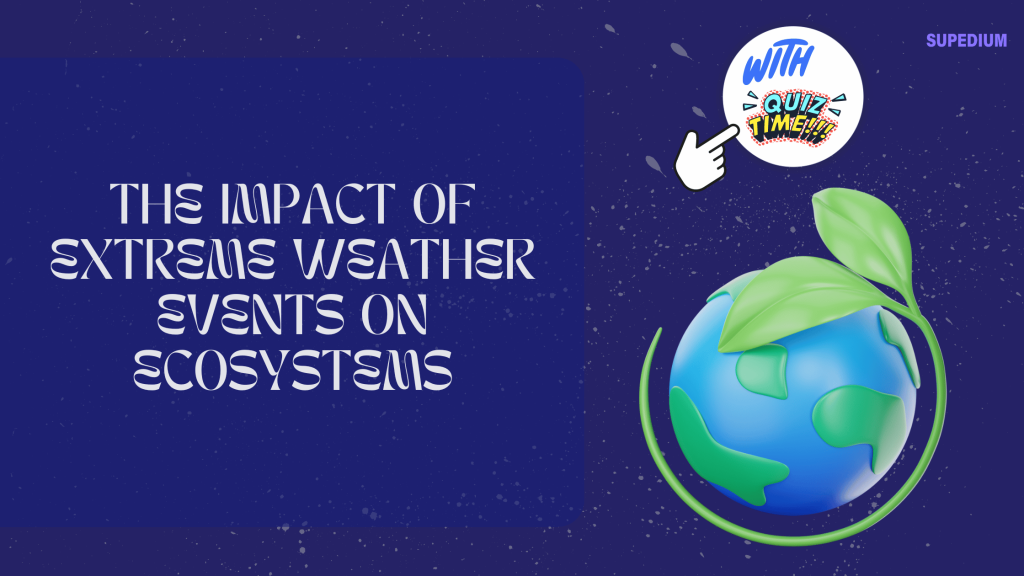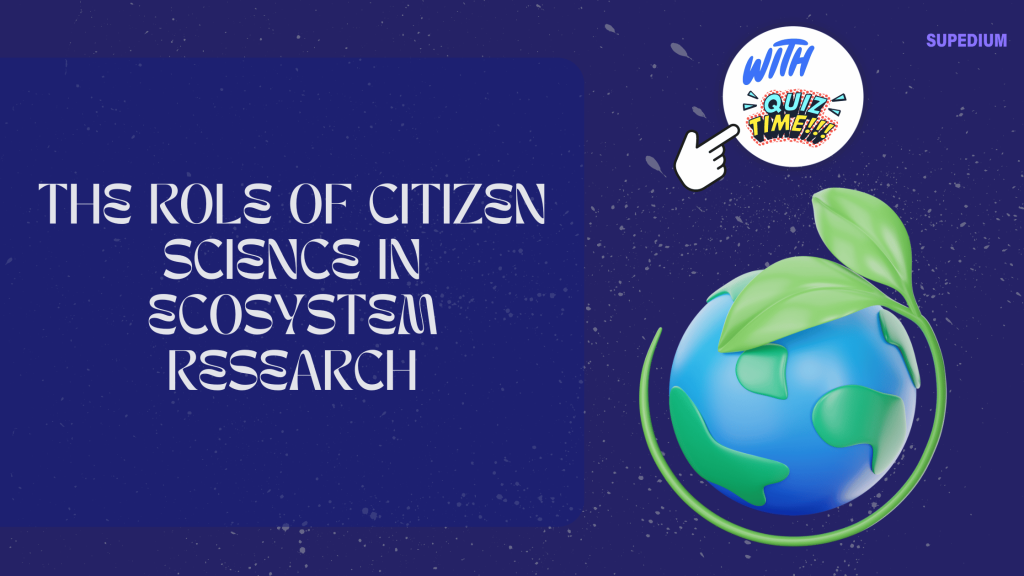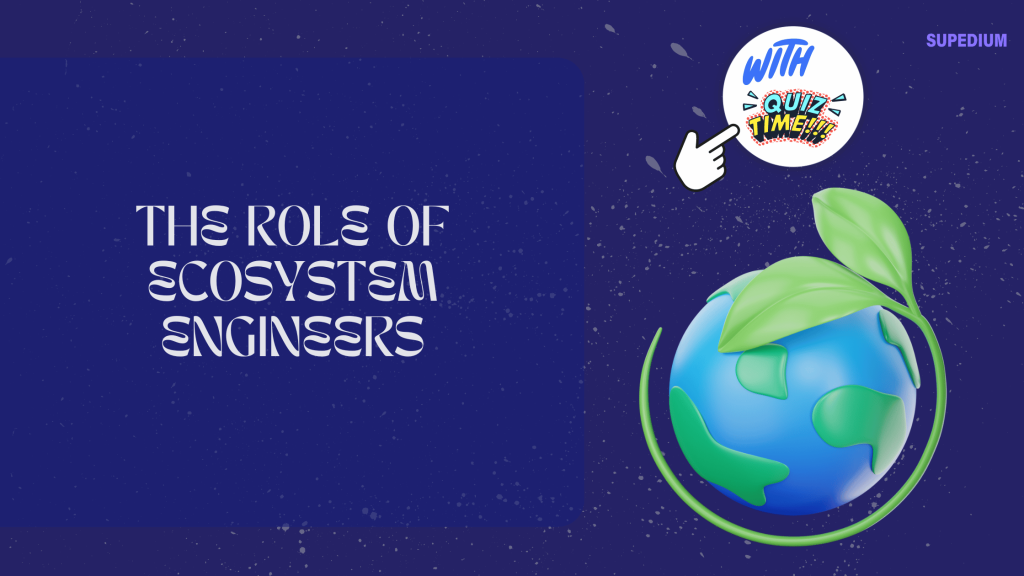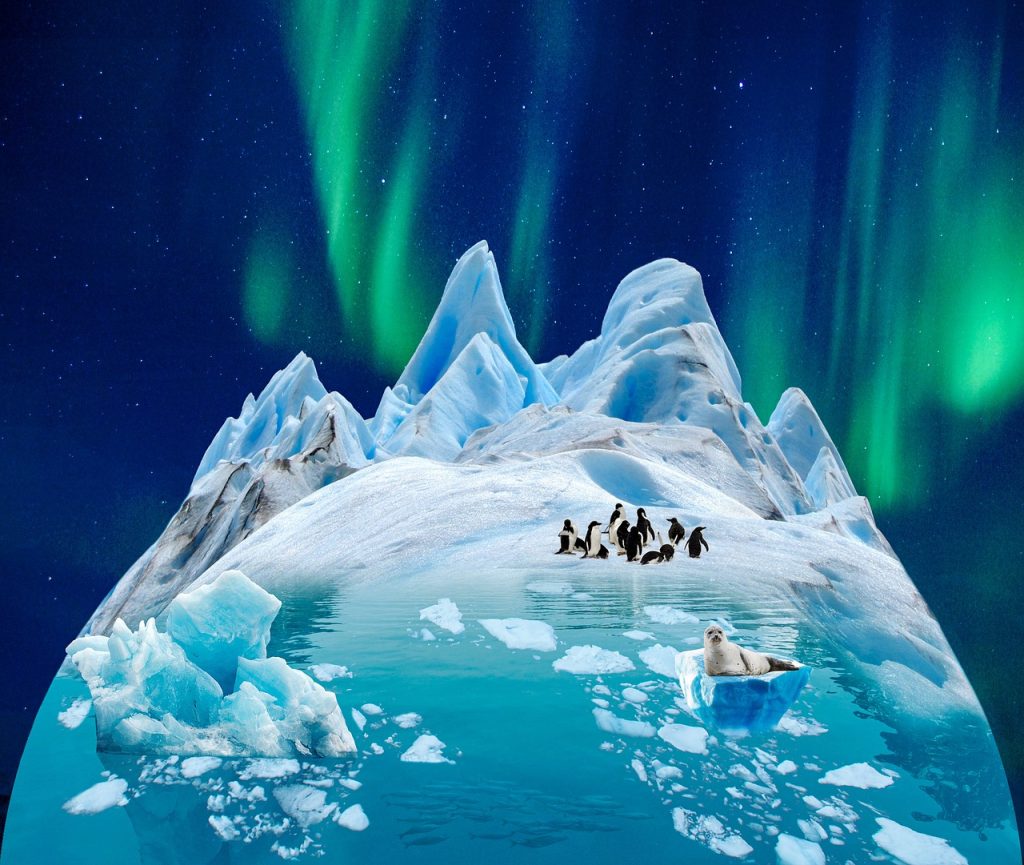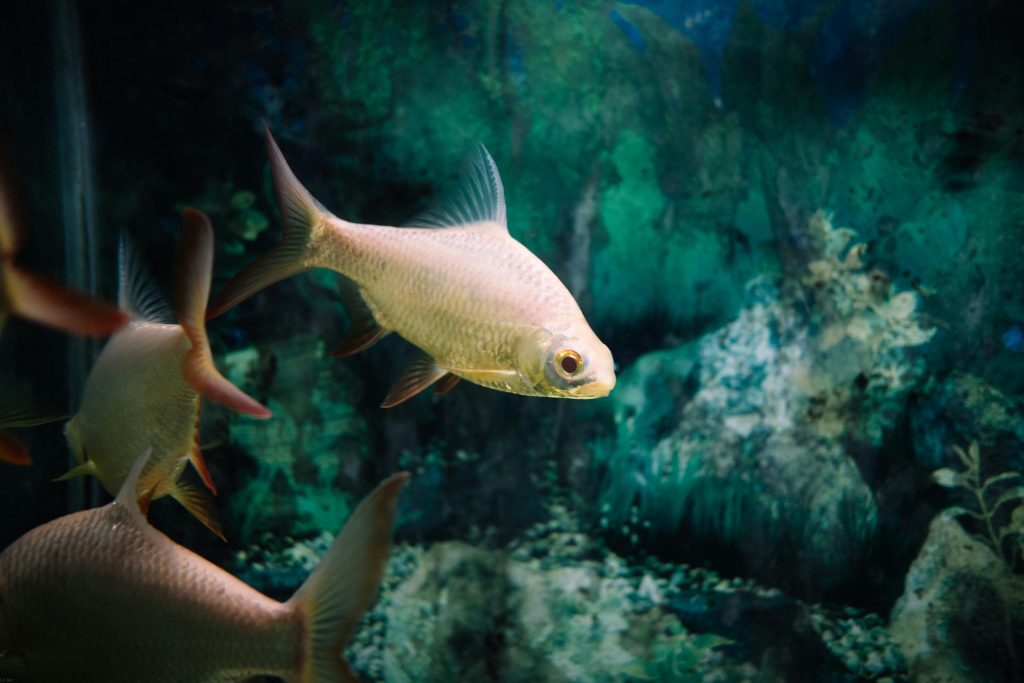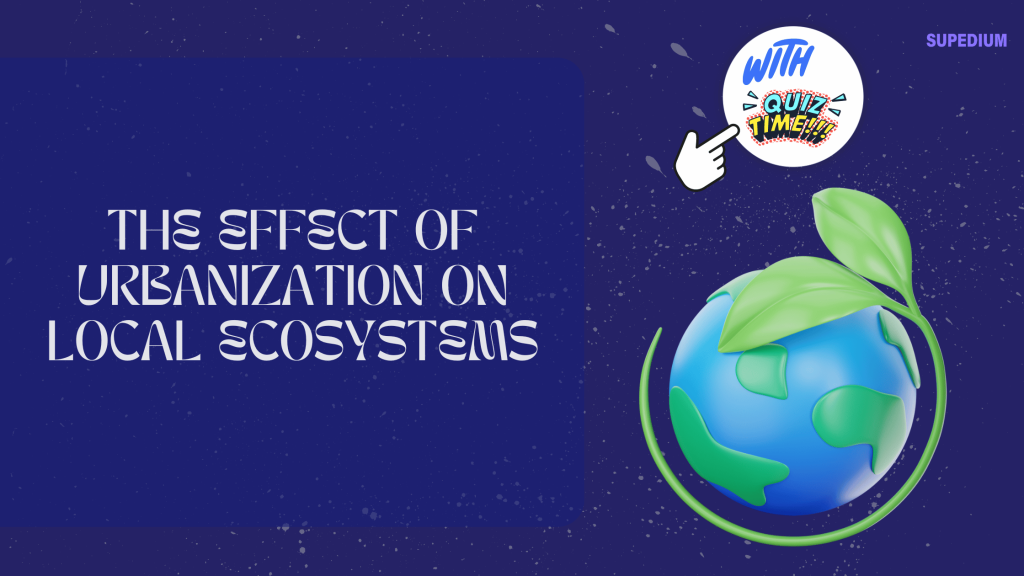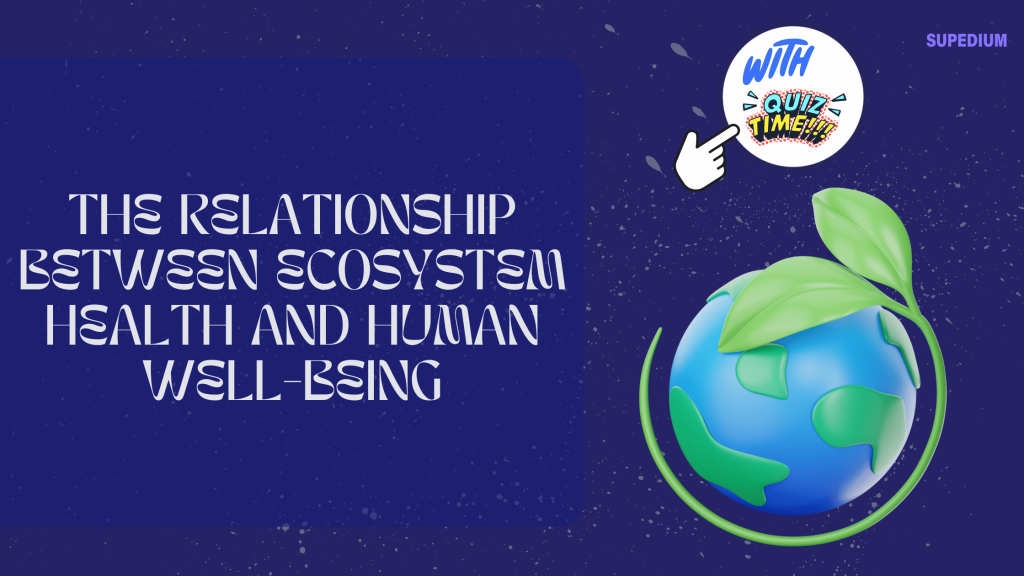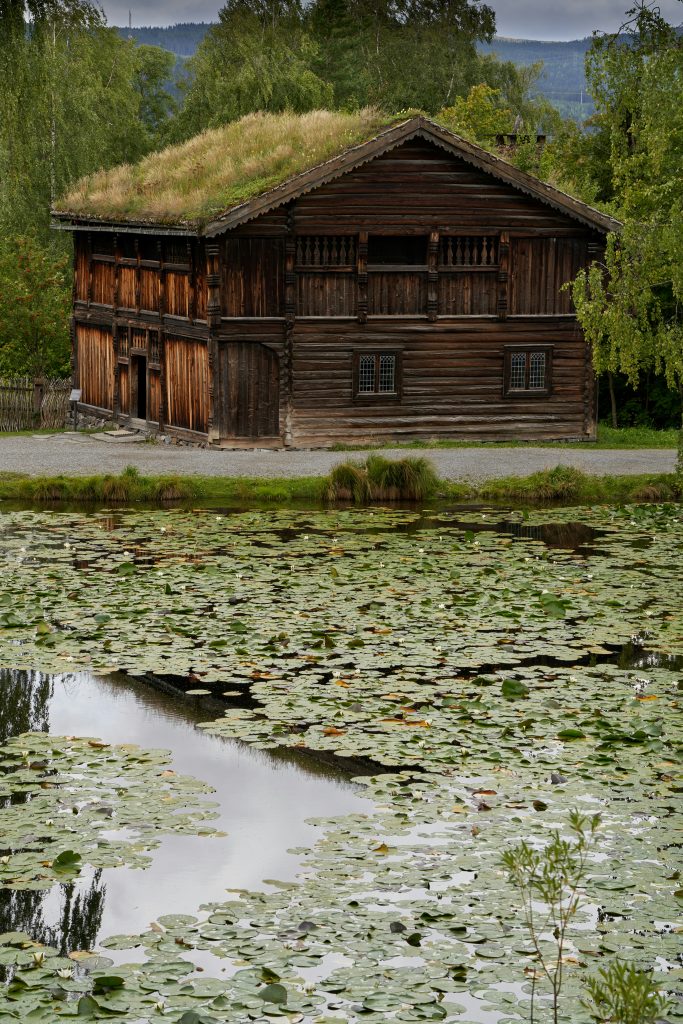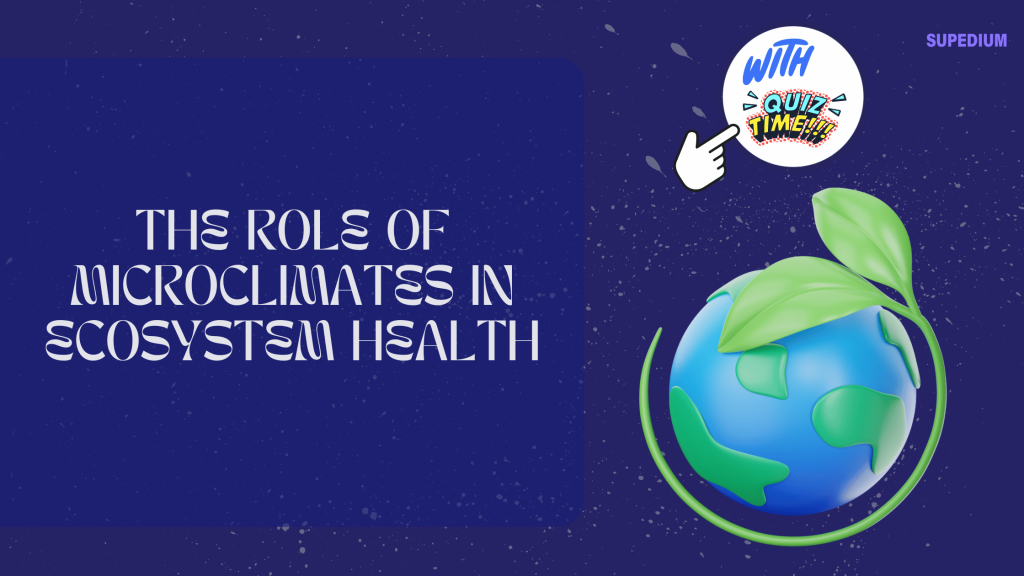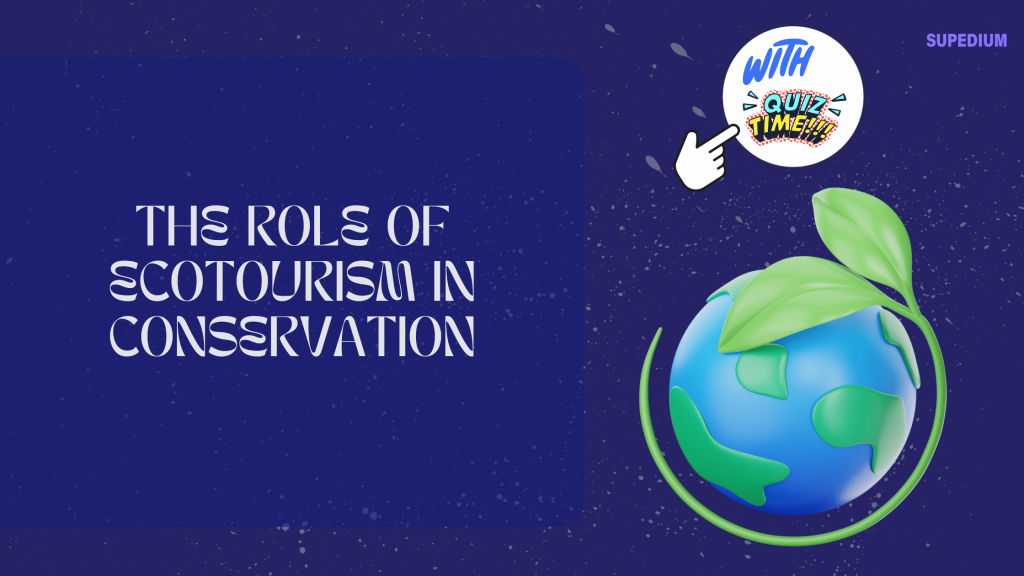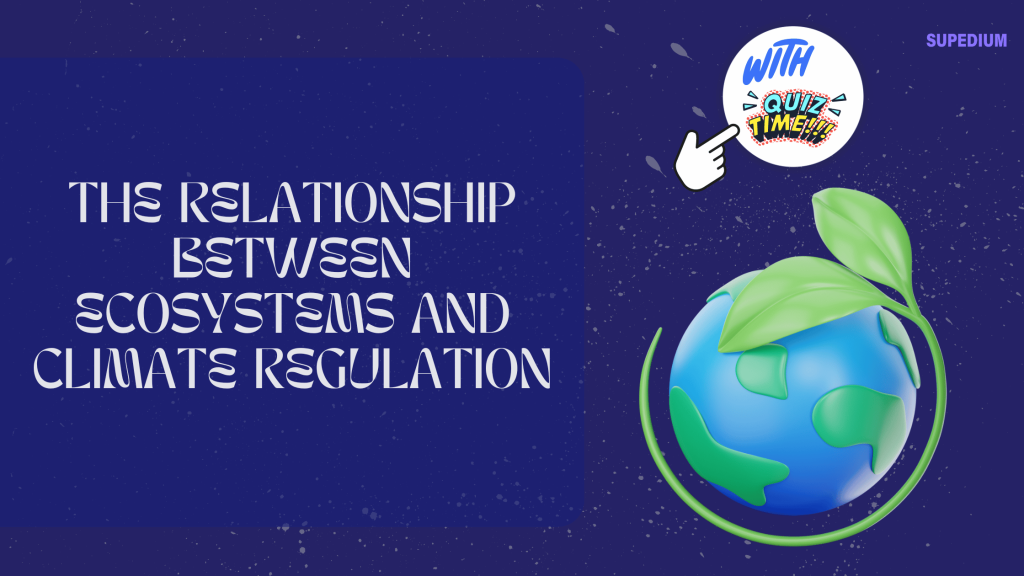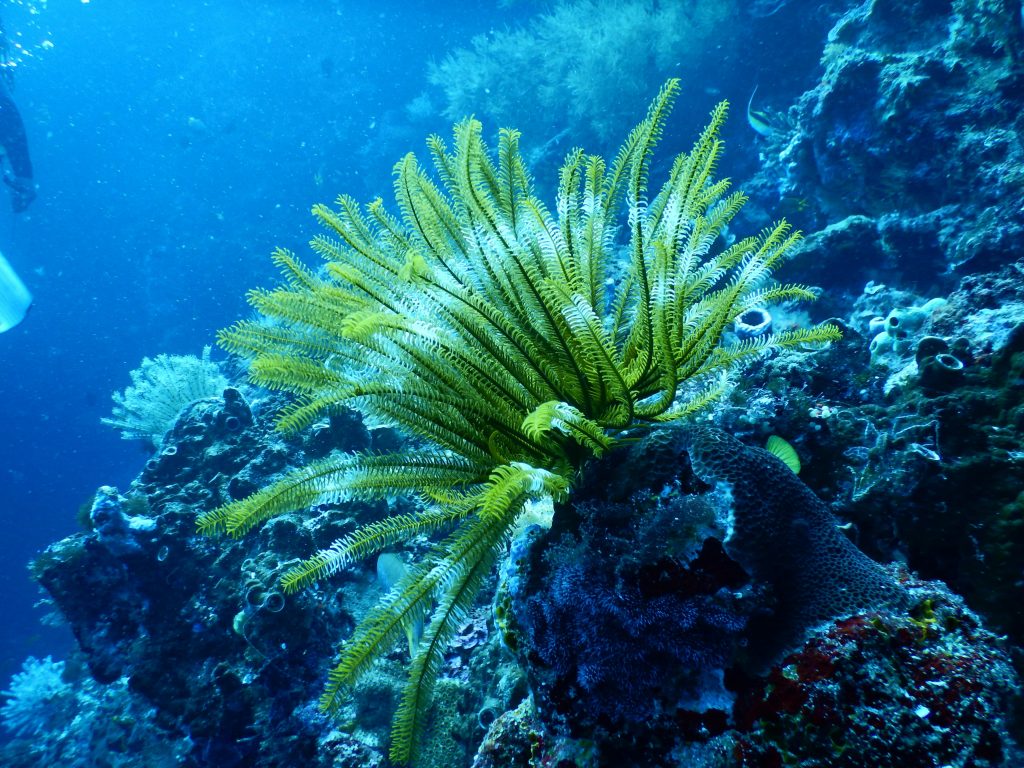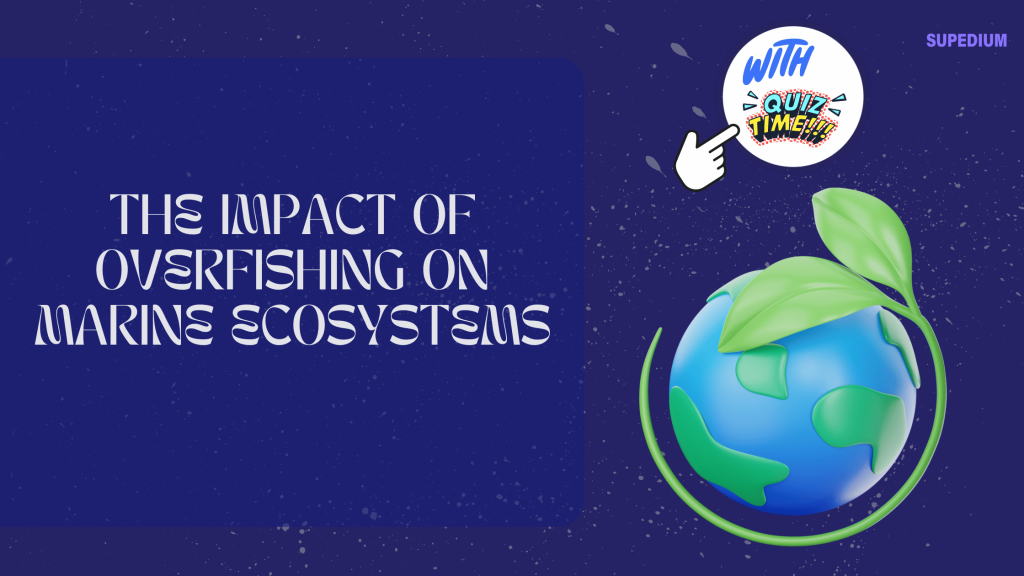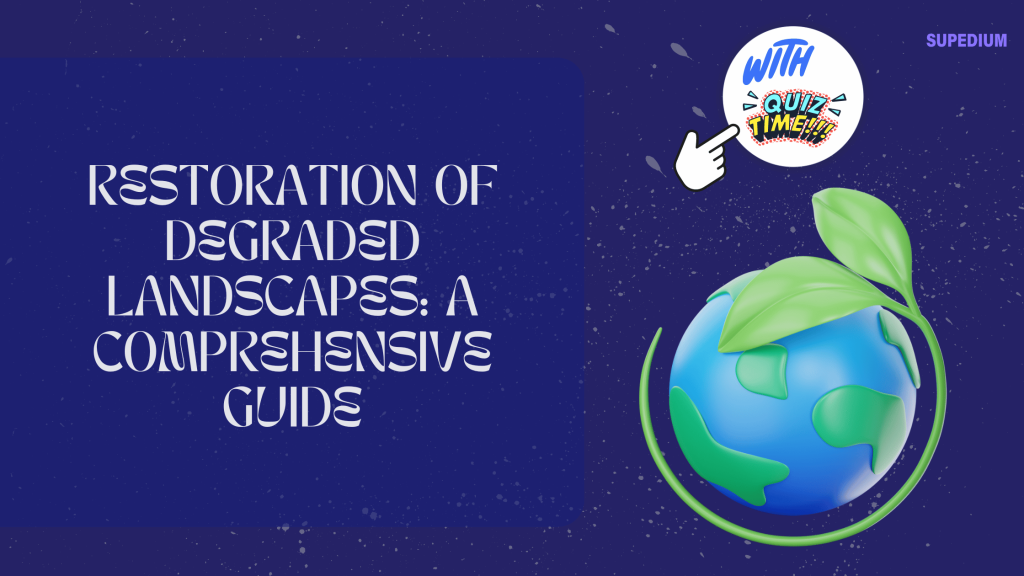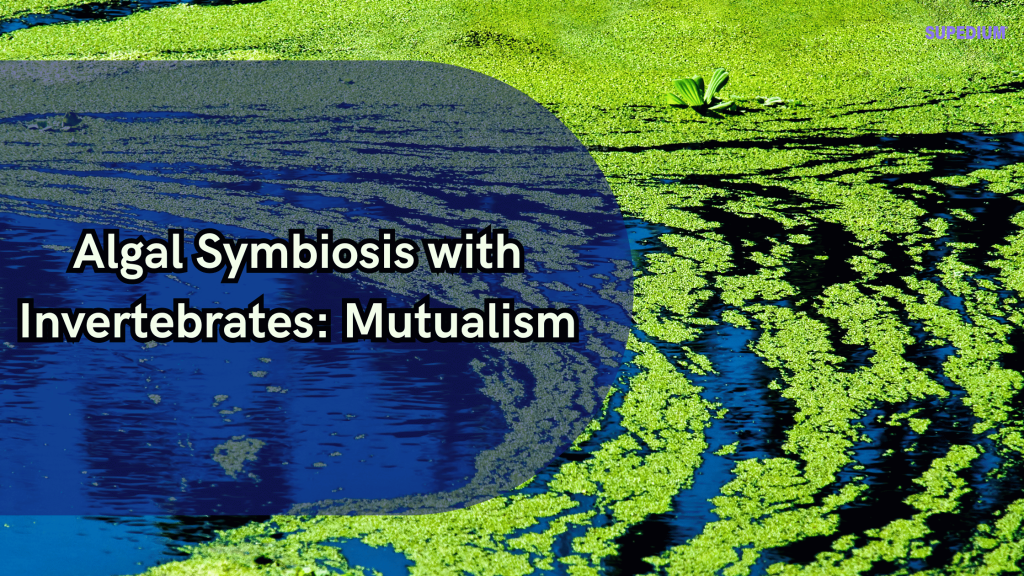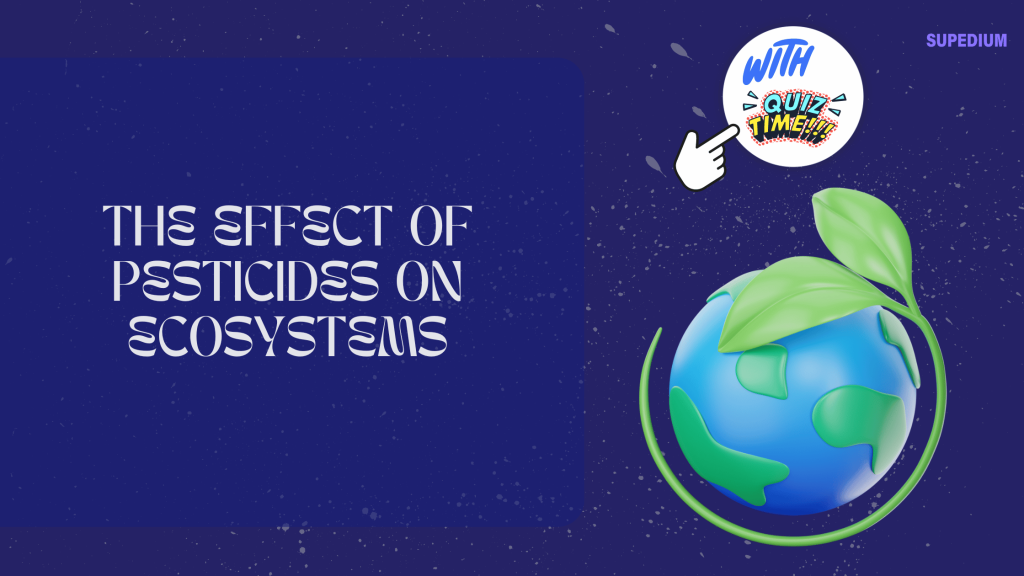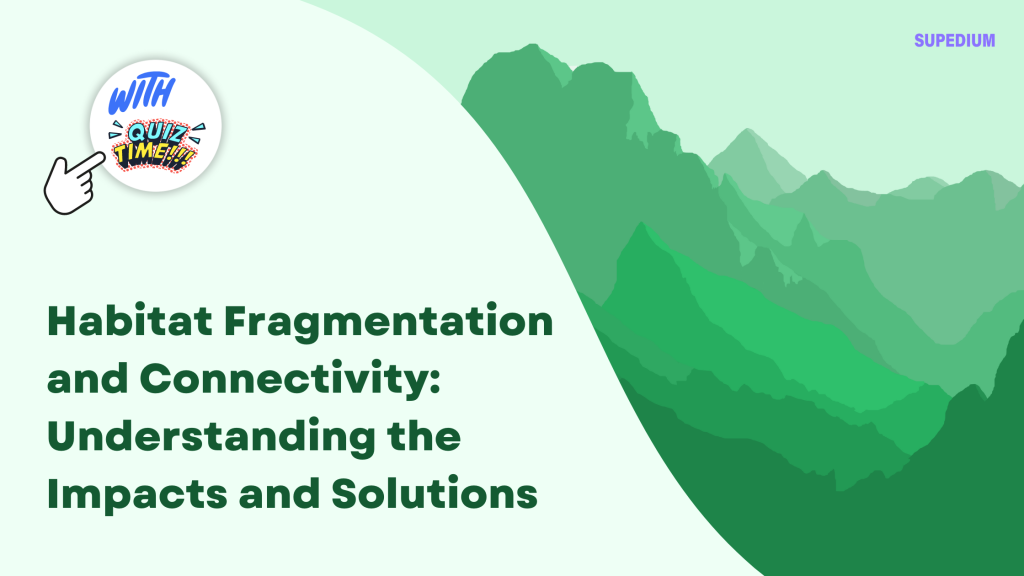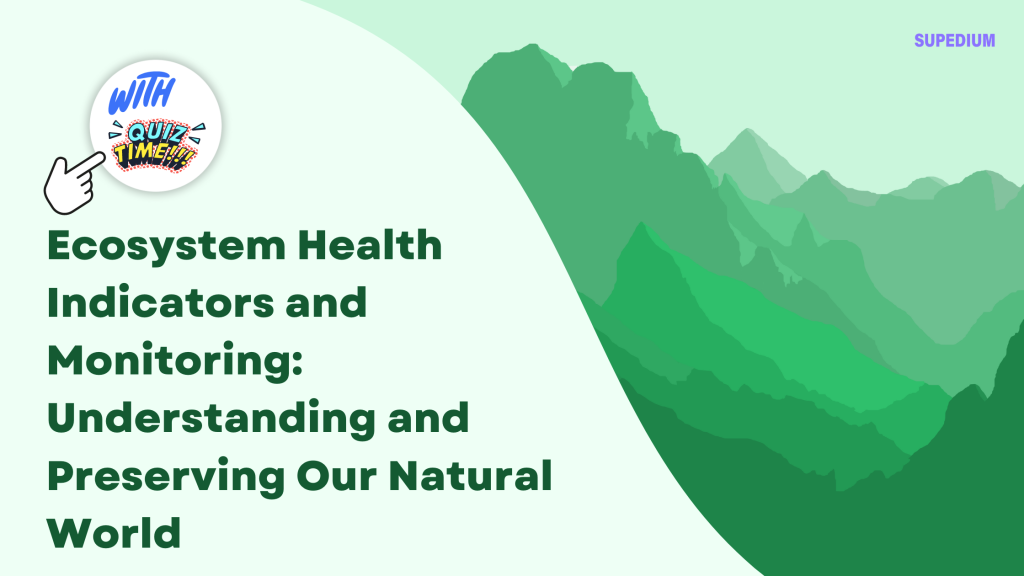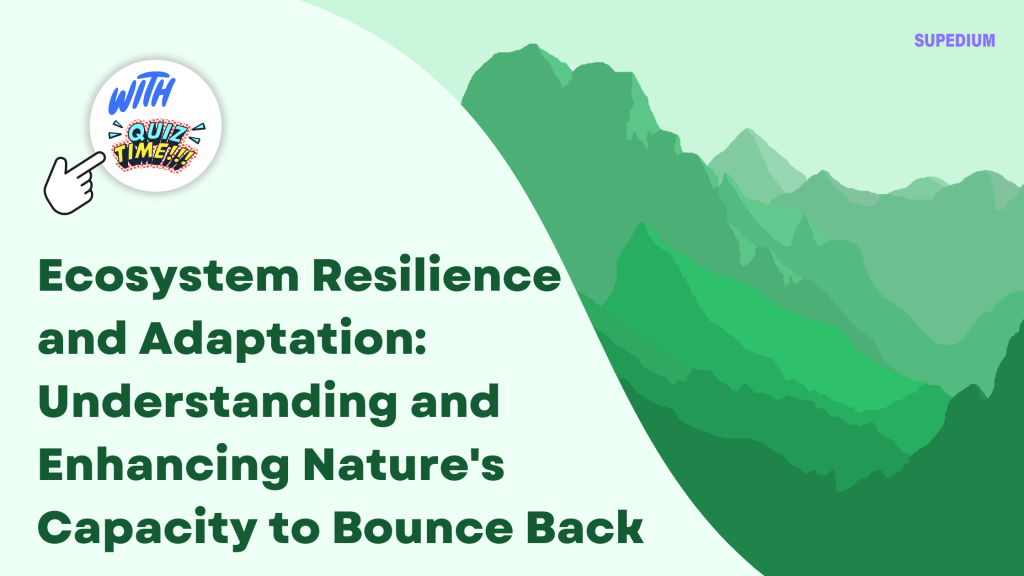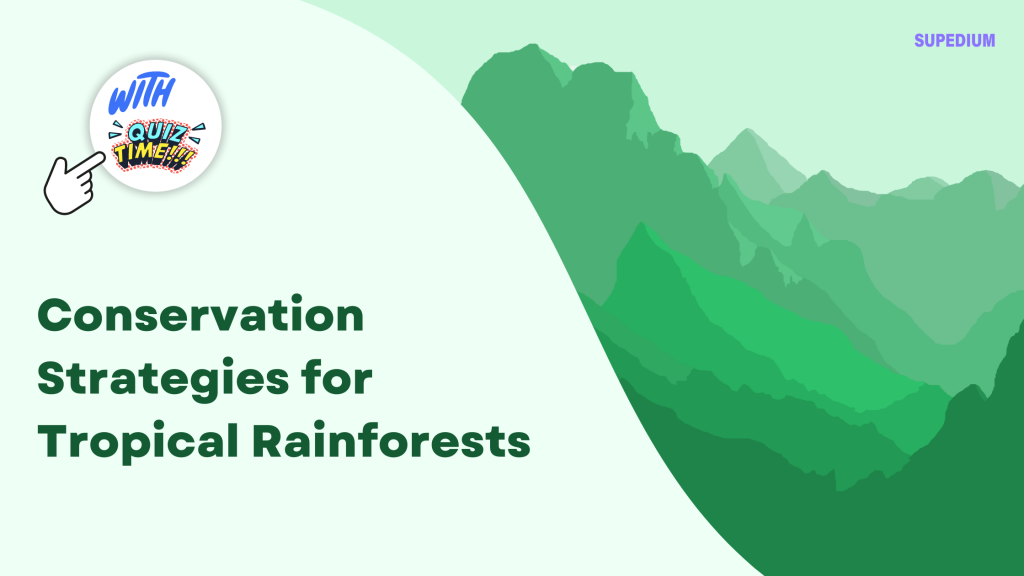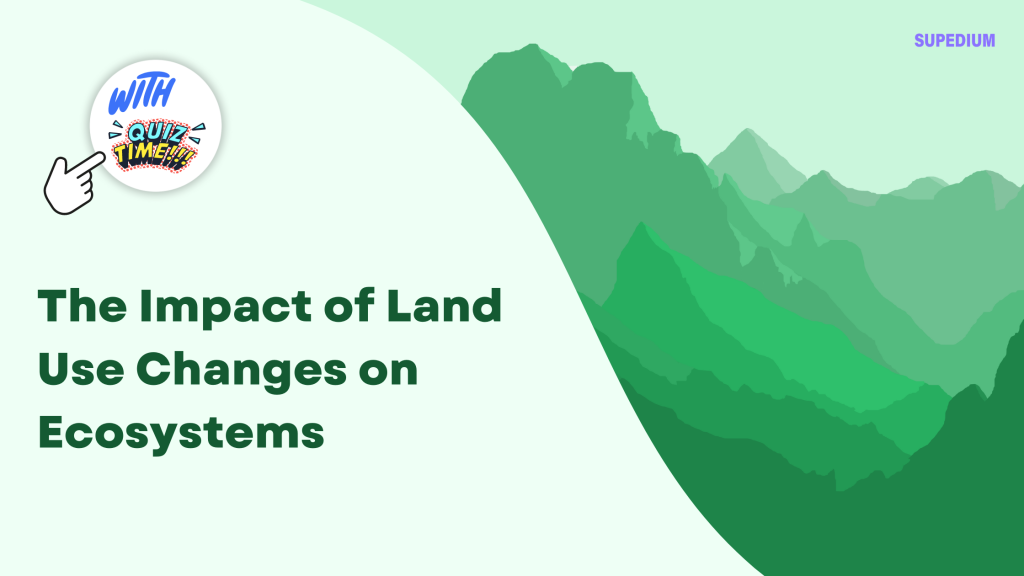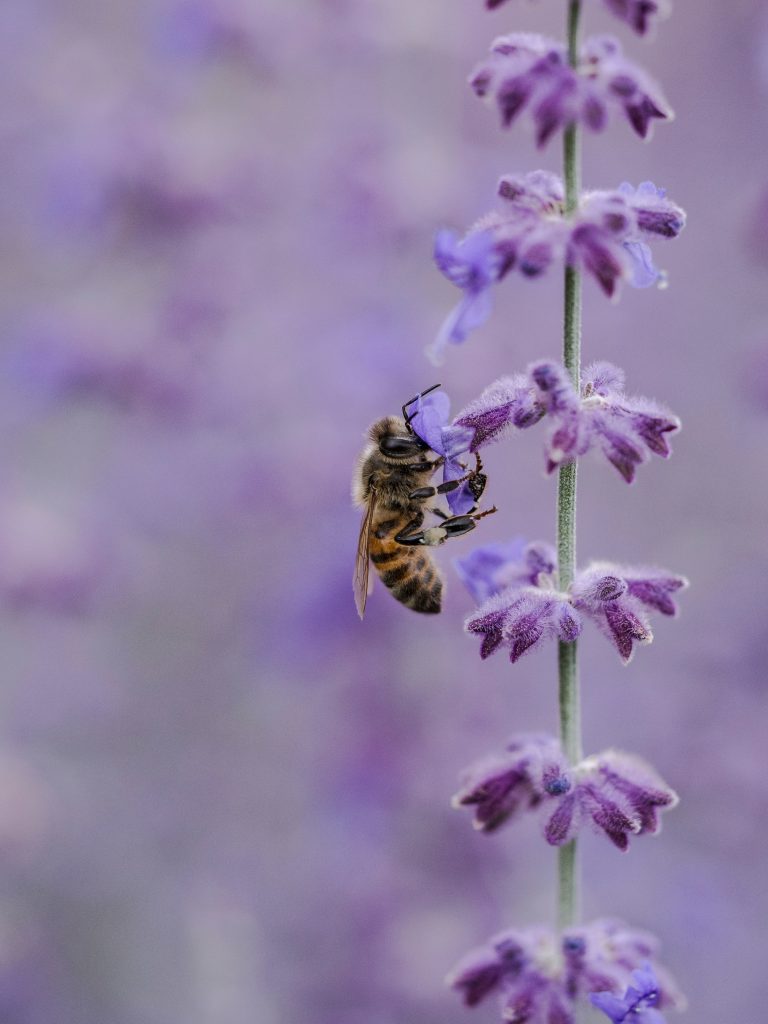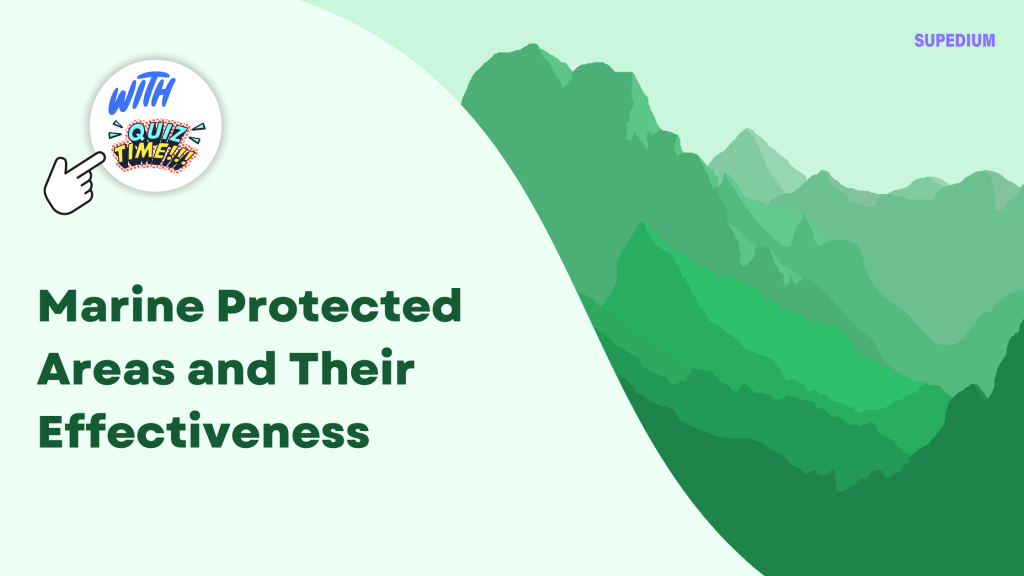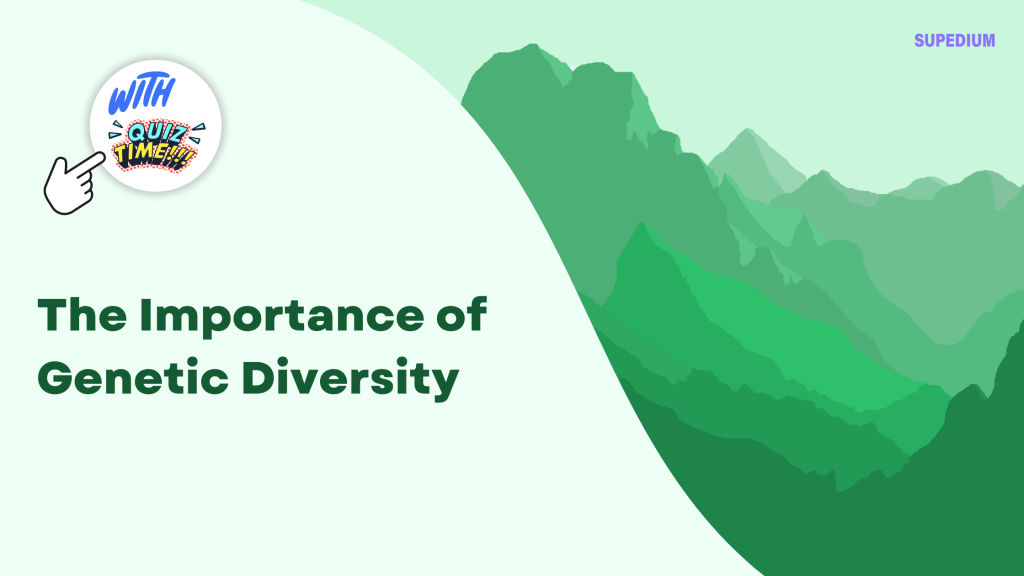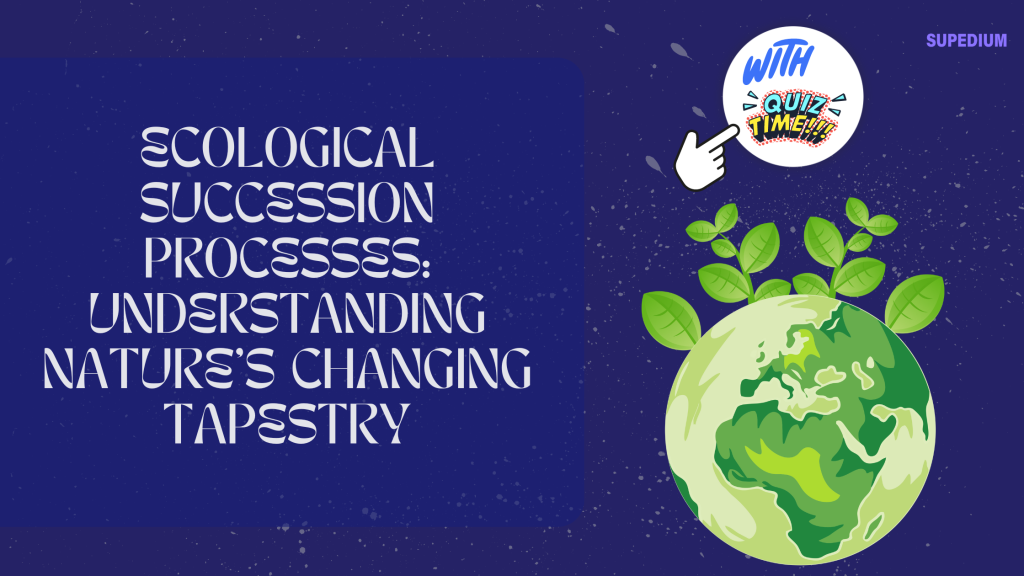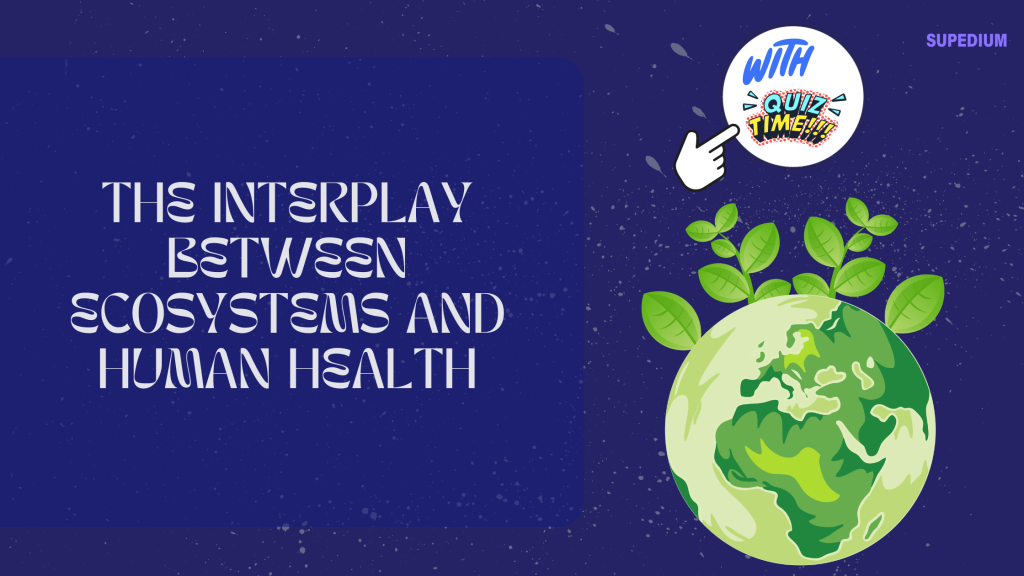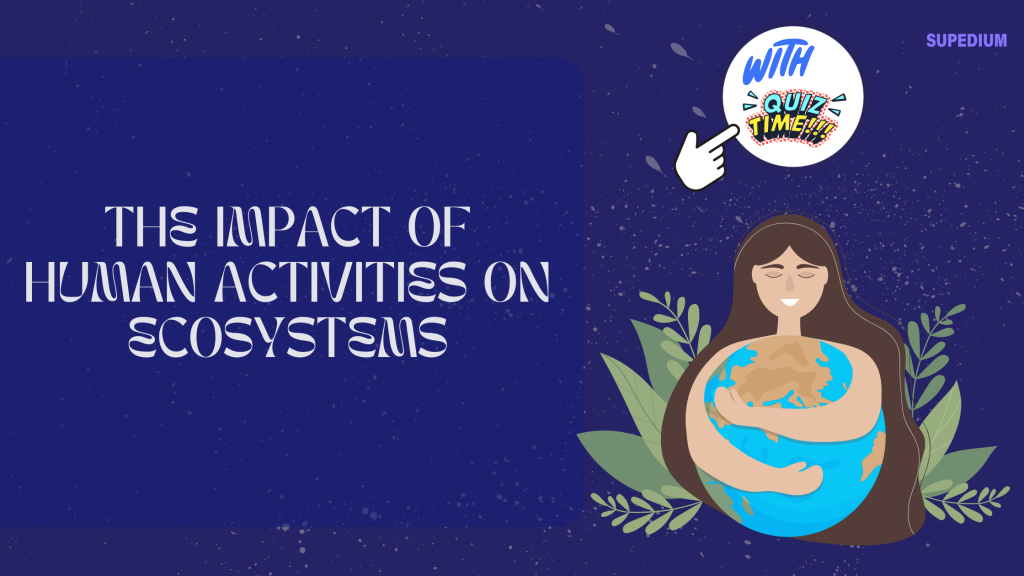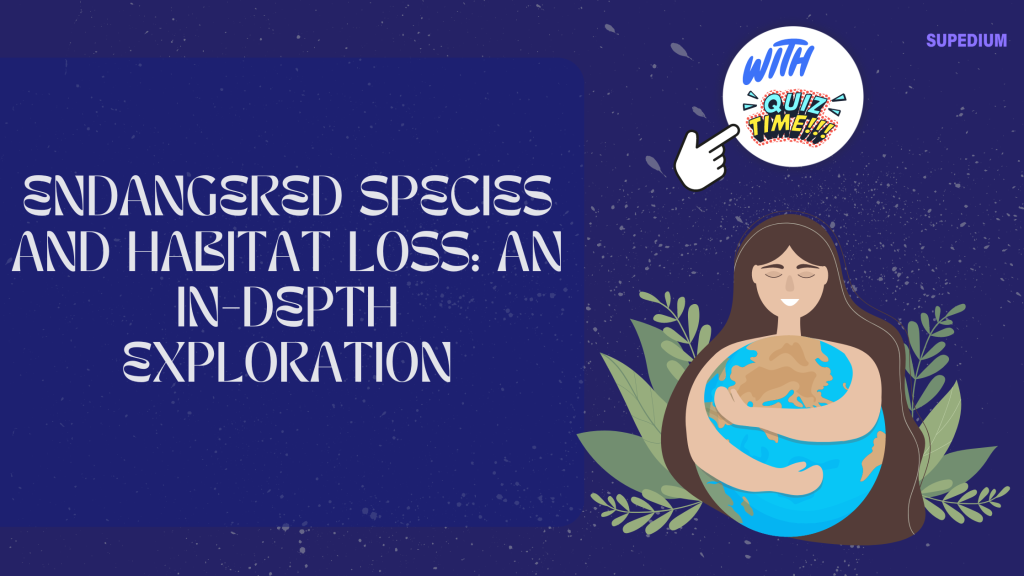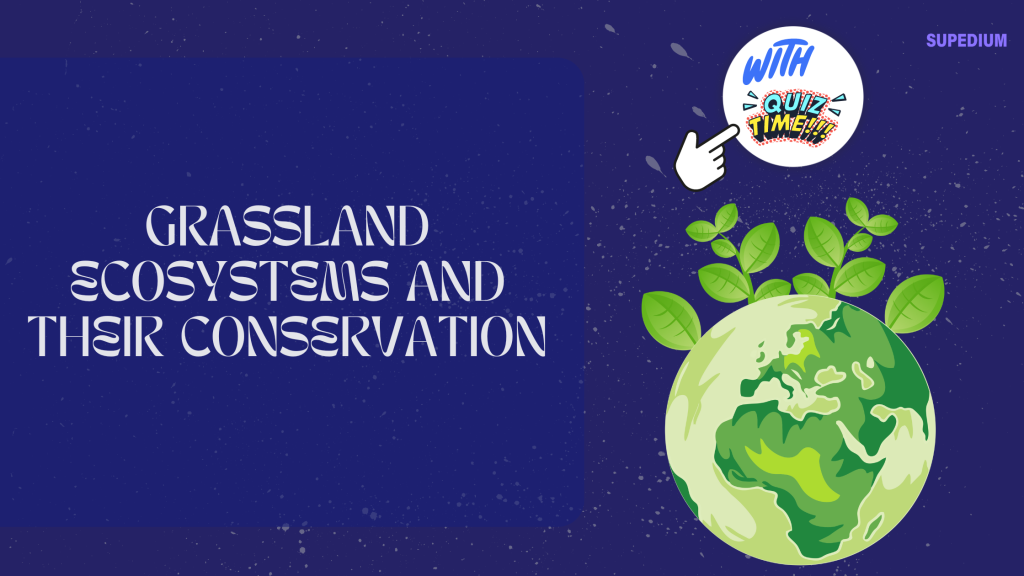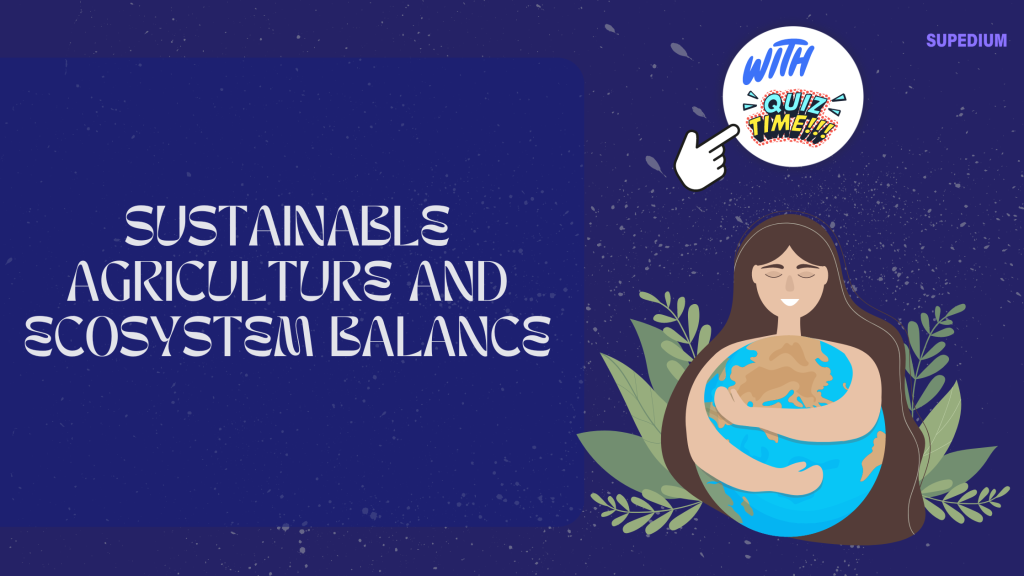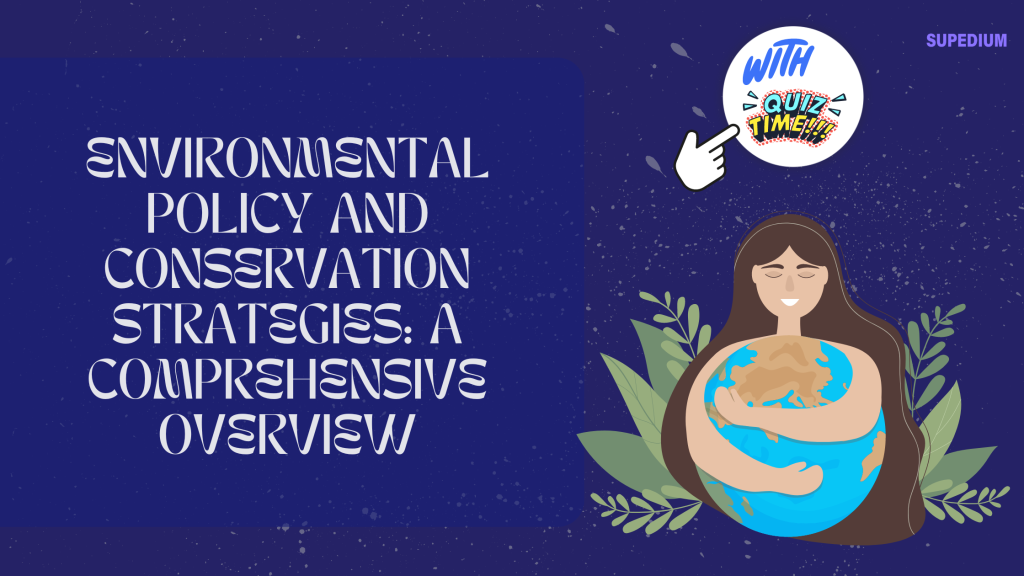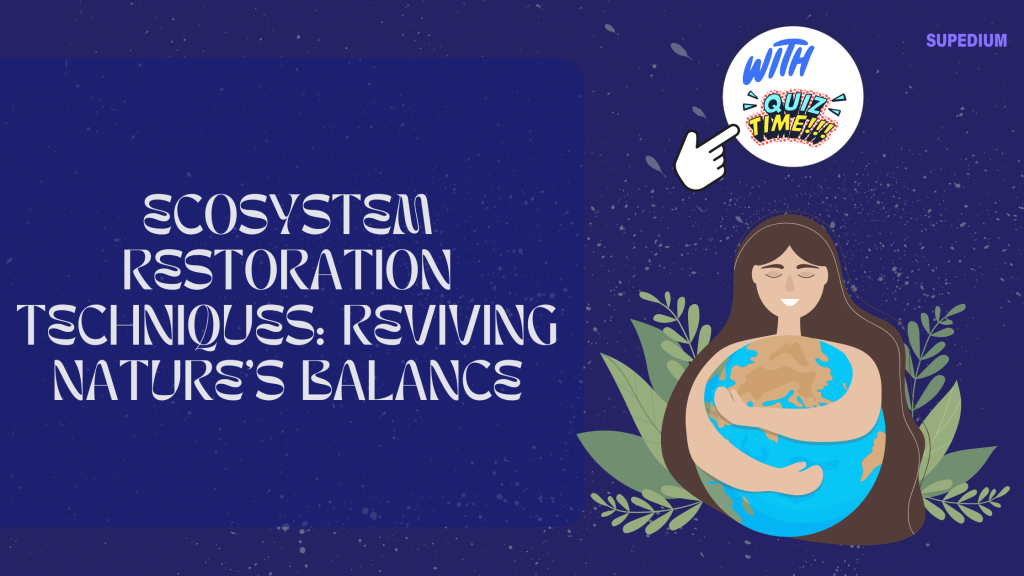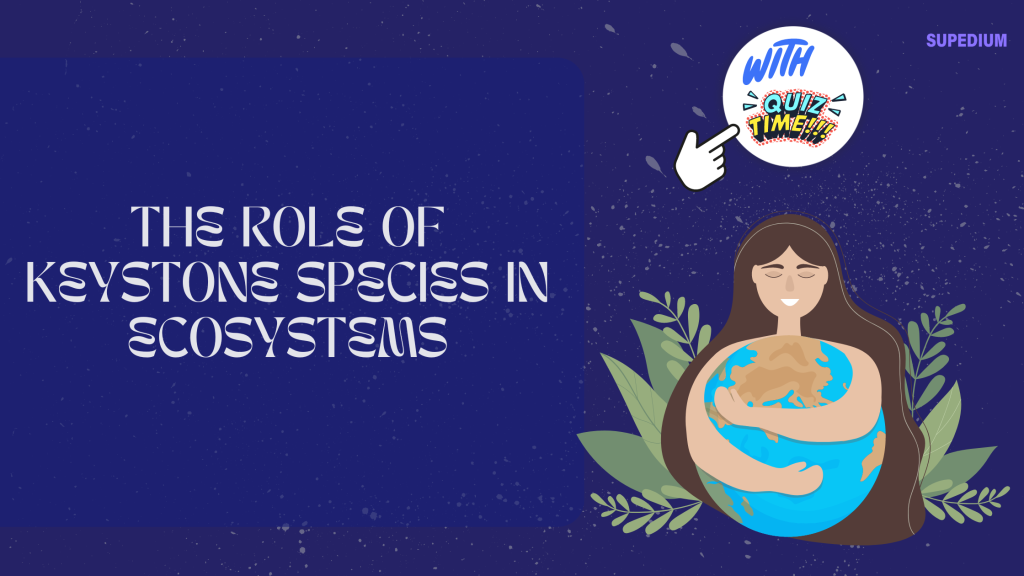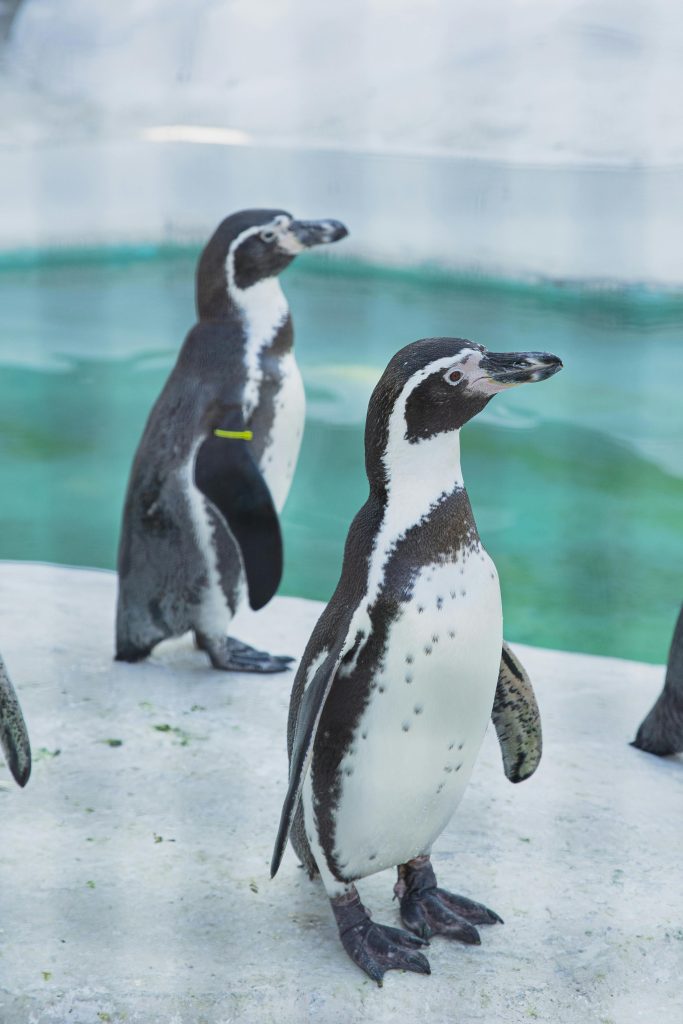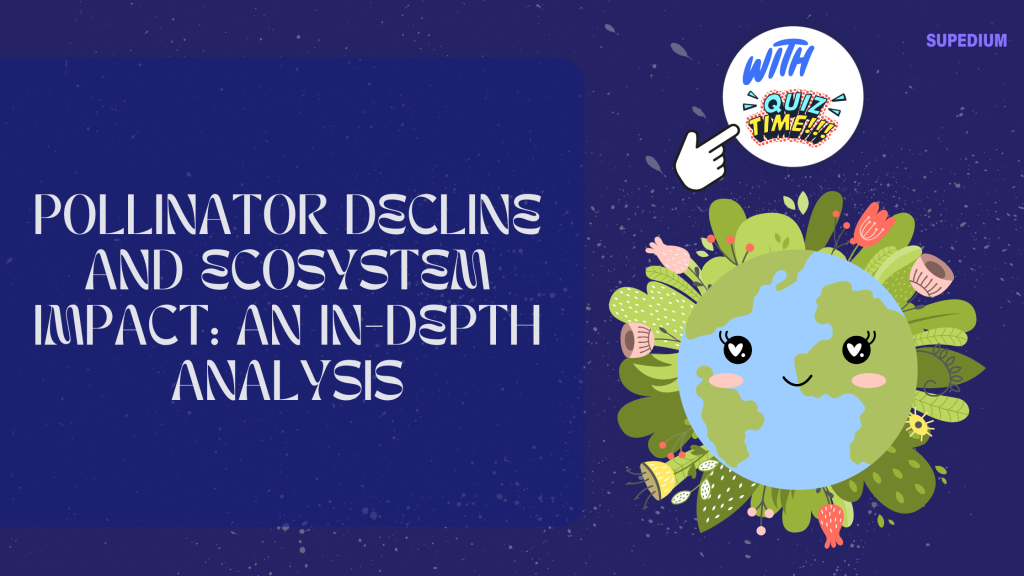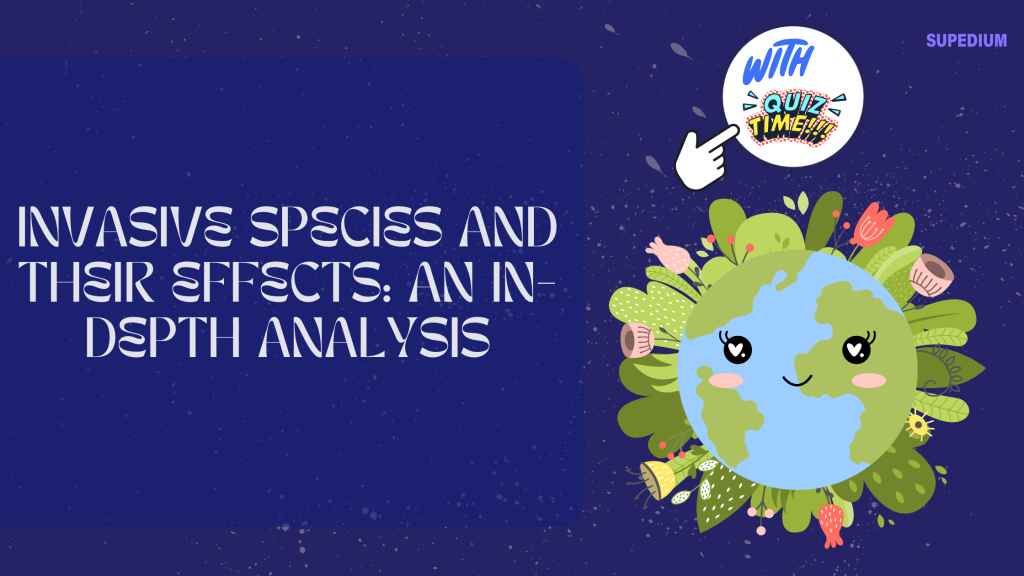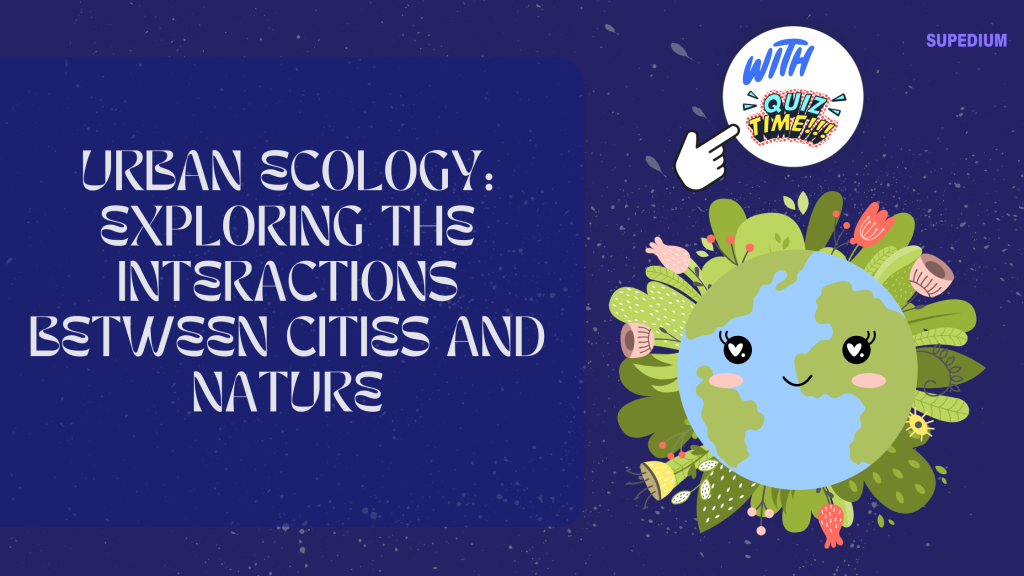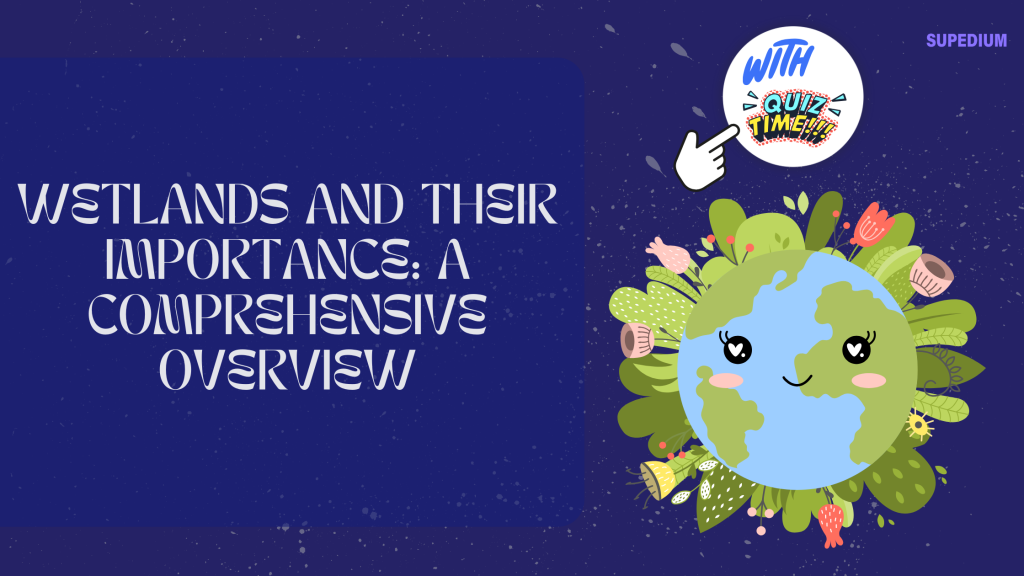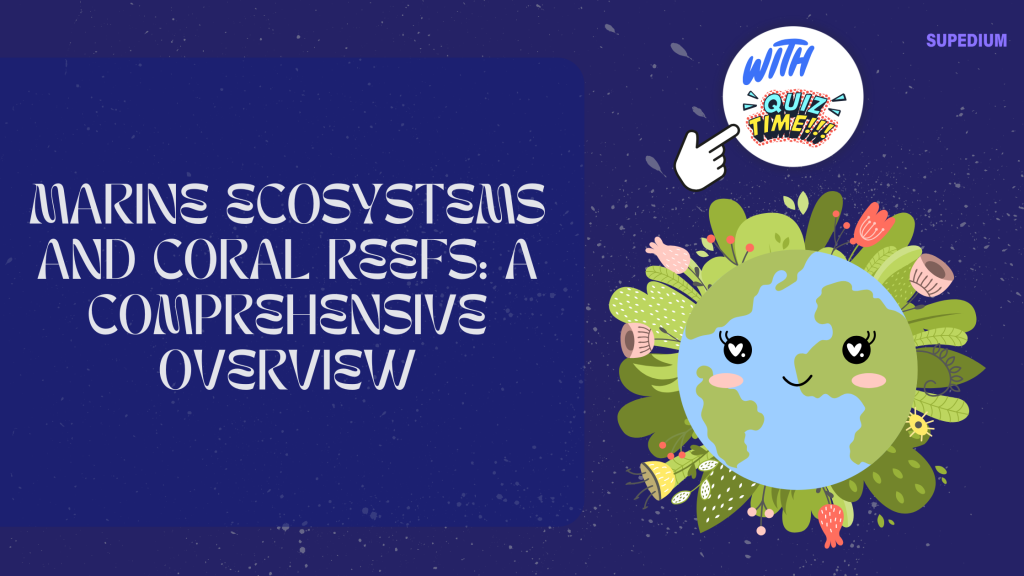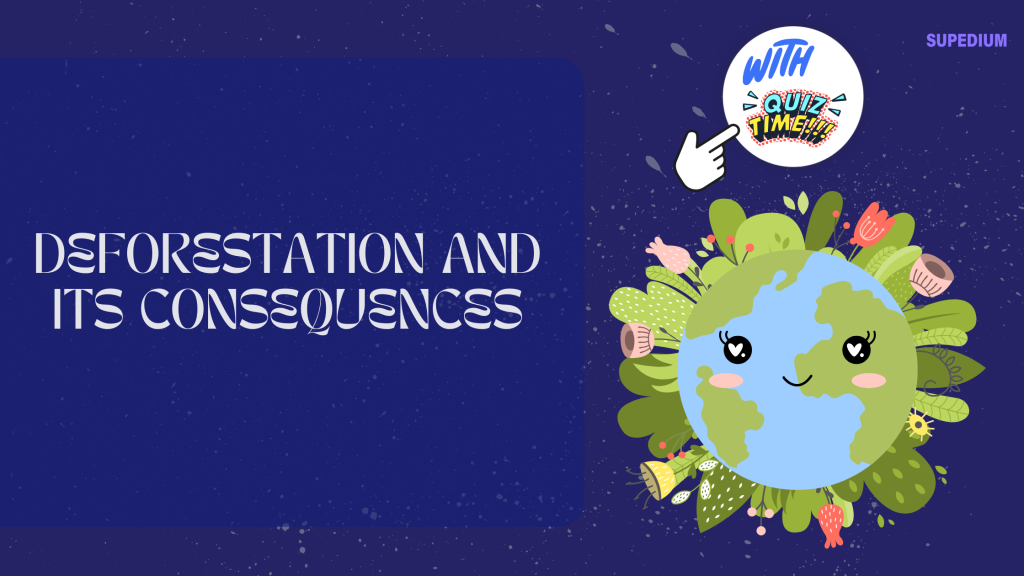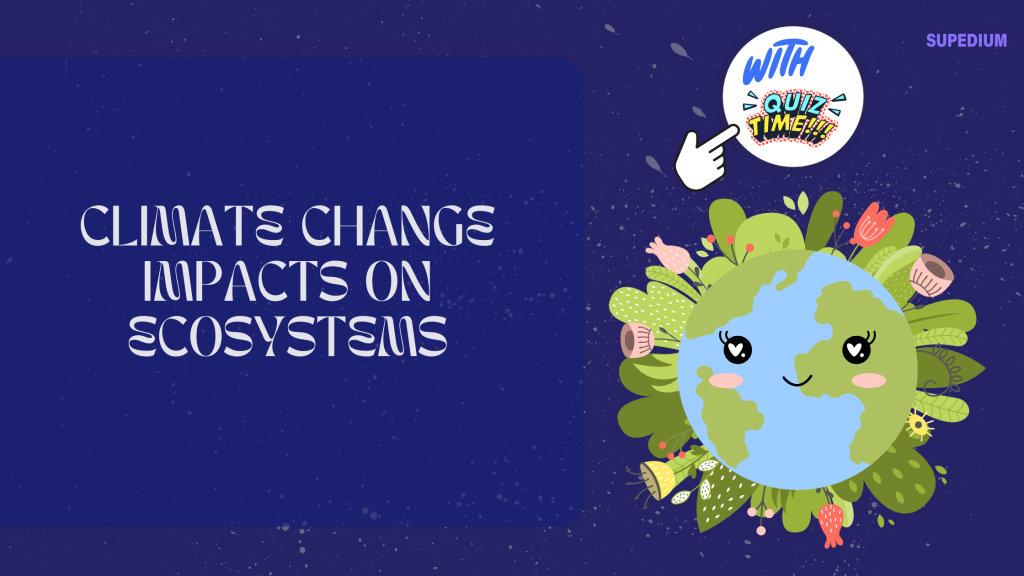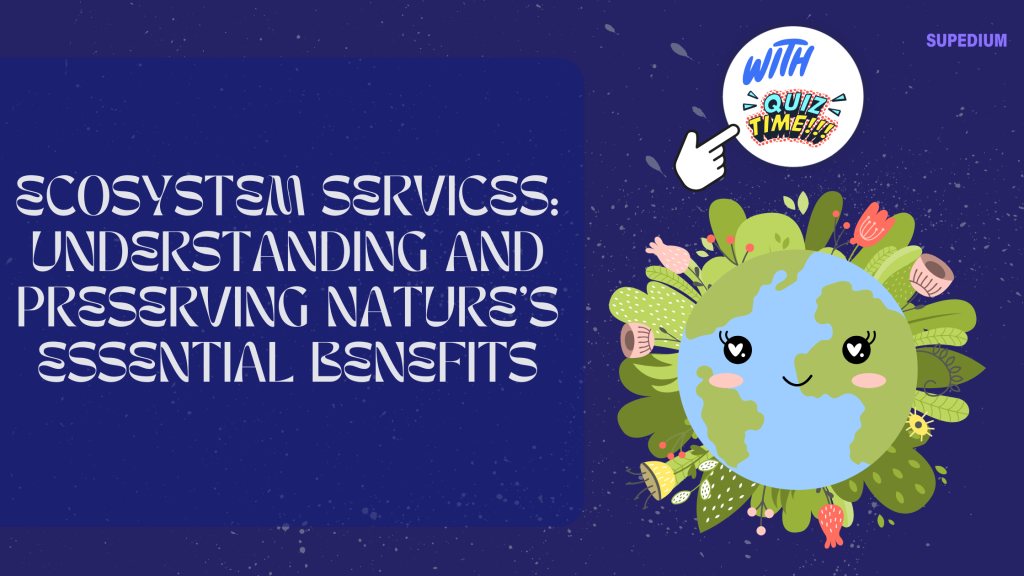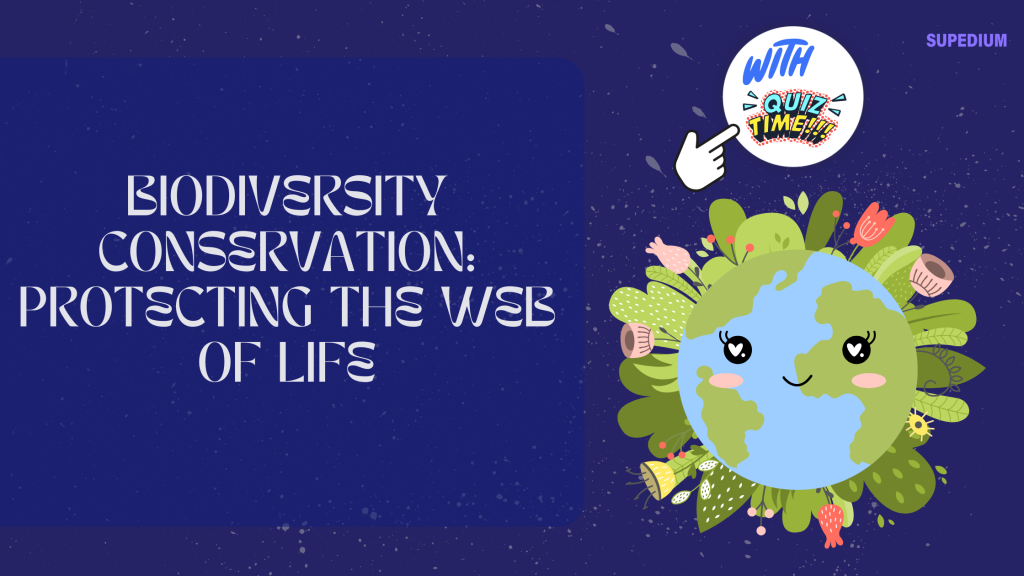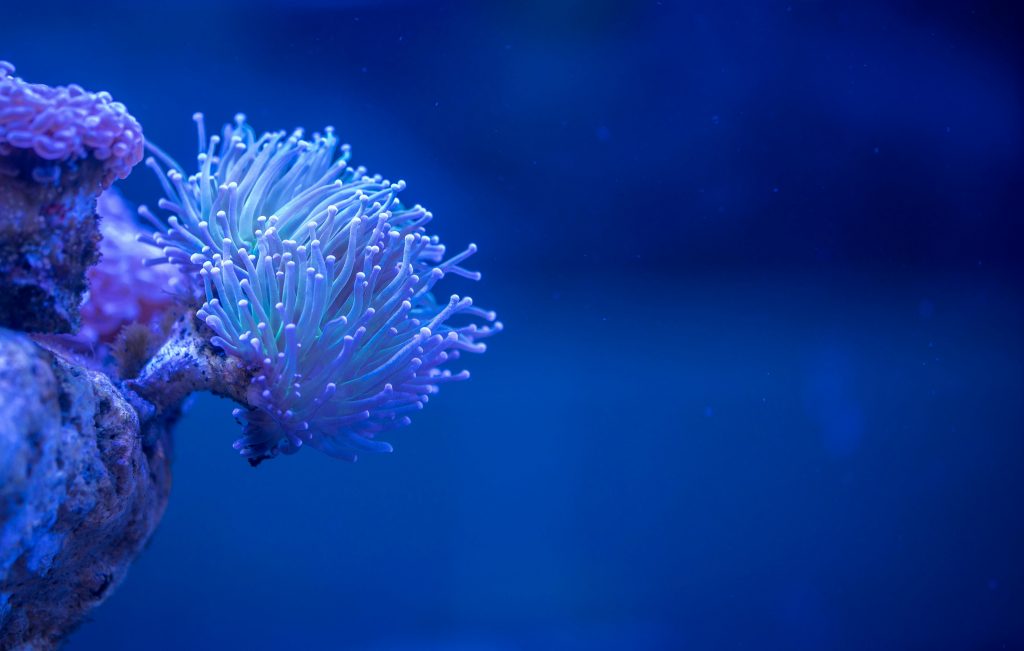The Impact of Extreme Weather Events on Ecosystems
I. Introduction Extreme weather events, including heatwaves, hurricanes, floods, droughts, and severe...
The Role of Citizen Science in Ecosystem Research
Introduction Definition of Citizen Science Citizen science involves the participation of the...
The Role of Ecosystem Engineers
Ecosystem engineers play a crucial role in maintaining the balance and health...
The Impact of Climate Change on Wildlife
Introduction Climate change, driven primarily by human activities, has become one of...
The Benefits of Using a Refugium in Your Aquarium
Maintaining a healthy and balanced aquarium environment is essential for the well-being...
The Effect of Urbanization on Local Ecosystems
Introduction Urbanization, the transformation of rural or undeveloped areas into urban environments,...
The Relationship Between Ecosystem Health and Human Well-being
Introduction Ecosystem Health is a term that encompasses the condition of ecosystems,...
The Challenges of Keeping a Pond in a Small Space
Introduction Ponds can be a beautiful addition to any landscape, providing a...
The Role of Microclimates in Ecosystem Health
Introduction Microclimates are localized atmospheric zones where the climate differs from the...
Algae and Climate Resilience in Aquatic Ecosystems
Introduction Algae, a diverse group of photosynthetic organisms, play a crucial role...
Forest Canopy Dynamics and Biodiversity
Introduction The forest canopy, a critical layer of the forest ecosystem, plays...
The Role of Ecotourism in Conservation
Introduction Ecotourism is defined as responsible travel to natural areas that conserves...
The Relationship Between Ecosystems and Climate Regulation
Understanding the relationship between ecosystems and climate regulation is crucial for addressing...
The Most Stunning Coral Reefs
Introduction Coral reefs, often referred to as the “rainforests of the sea,”...
The Impact of Overfishing on Marine Ecosystems
Overfishing represents a critical threat to the health of marine ecosystems worldwide....
Tea and Sustainability: How to Make Eco-Friendly Choices
Introduction Tea is one of the most consumed beverages in the world,...
Restoration of Degraded Landscapes: A Comprehensive Guide
Introduction Definition of Degraded Landscapes Degraded landscapes are areas where the natural...
Algal Symbiosis with Invertebrates: Mutualism
I. Introduction Definition of Symbiosis Symbiosis is a term used to describe...
The Effect of Pesticides on Ecosystems
Introduction Pesticides are chemicals used to control pests that threaten crops, livestock,...
Habitat Fragmentation and Connectivity: Understanding the Impacts and Solutions
Introduction Habitat fragmentation refers to the process where large, continuous habitats are...
Ecosystem Health Indicators and Monitoring: Understanding and Preserving Our Natural World
Ecosystem health is a crucial concept in environmental science, reflecting the overall...
Ecosystem Resilience and Adaptation: Understanding and Enhancing Nature’s Capacity to Bounce Back
I. Introduction Ecosystem resilience and adaptation are fundamental concepts in understanding how...
Conservation Strategies for Tropical Rainforests
Tropical rainforests, characterized by their dense vegetation, high biodiversity, and consistently warm...
The Impact of Land Use Changes on Ecosystems
Introduction Land use changes refer to the ways in which human activities...
The Role of Bees in Ecosystems: An In-Depth Examination
Introduction Bees are integral to many ecosystems, serving as crucial pollinators for...
Marine Protected Areas and Their Effectiveness
Marine Protected Areas (MPAs) are designated regions in the ocean where human...
The Importance of Genetic Diversity
Genetic diversity is a cornerstone of life on Earth, underpinning the adaptability...
Ecological Succession Processes: Understanding Nature’s Changing Tapestry
Ecological succession is a fundamental concept in ecology that describes the gradual...
The Interplay Between Ecosystems and Human Health
Introduction Ecosystems, the dynamic complexes of plant, animal, and microorganism communities interacting...
The Impact of Human Activities on Ecosystems
I. Introduction Definition of Ecosystems Ecosystems are dynamic networks of living organisms...
Endangered Species and Habitat Loss: An In-Depth Exploration
Introduction The plight of endangered species and the loss of their habitats...
Grassland Ecosystems and Their Conservation
Grassland ecosystems, characterized by vast open spaces dominated by grasses rather than...
Sustainable Agriculture and Ecosystem Balance
Introduction Sustainable agriculture represents a crucial approach to farming that aims to...
Environmental Policy and Conservation Strategies: A Comprehensive Overview
Introduction Environmental Policy refers to a set of regulations and guidelines designed...
Ecosystem Restoration Techniques: Reviving Nature’s Balance
Introduction Ecosystem restoration is a critical process aimed at reversing the degradation...
The Role of Keystone Species in Ecosystems
Introduction Keystone species are pivotal to the structure and function of their...
The Most Endangered Species: An Overview of the World’s Most Critical Conservation Issues
Introduction Definition of Endangered Species Endangered species are those at risk of...
Pollinator Decline and Ecosystem Impact: An In-Depth Analysis
Introduction Pollinators, including insects like bees, butterflies, and moths, as well as...
Invasive Species and Their Effects: An In-Depth Analysis
Introduction Invasive species are organisms introduced to environments outside their native ranges,...
Urban Ecology: Exploring the Interactions Between Cities and Nature
Urban ecology is a dynamic field that investigates the interactions between living...
Wetlands and Their Importance: A Comprehensive Overview
Wetlands are among the most vital and diverse ecosystems on Earth. They...
Marine Ecosystems and Coral Reefs: A Comprehensive Overview
Introduction Marine ecosystems encompass a diverse range of environments within the world’s...
Deforestation and Its Consequences
Introduction Deforestation refers to the large-scale clearing or removal of forests, a...
Climate Change Impacts on Ecosystems
Climate change represents one of the most significant environmental challenges of our...
Ecosystem Services: Understanding and Preserving Nature’s Essential Benefits
Introduction Ecosystem services are the myriad benefits that natural environments provide to...
Biodiversity Conservation: Protecting the Web of Life
Biodiversity, the variety of life on Earth, encompasses the genetic, species, and...
The Pros and Cons of a Reef Aquarium
A reef aquarium is a captivating way to bring the beauty of...
Microscopic Algae: Diversity and Importance
Introduction Microscopic algae, often overlooked but of immense ecological significance, encompass a...

